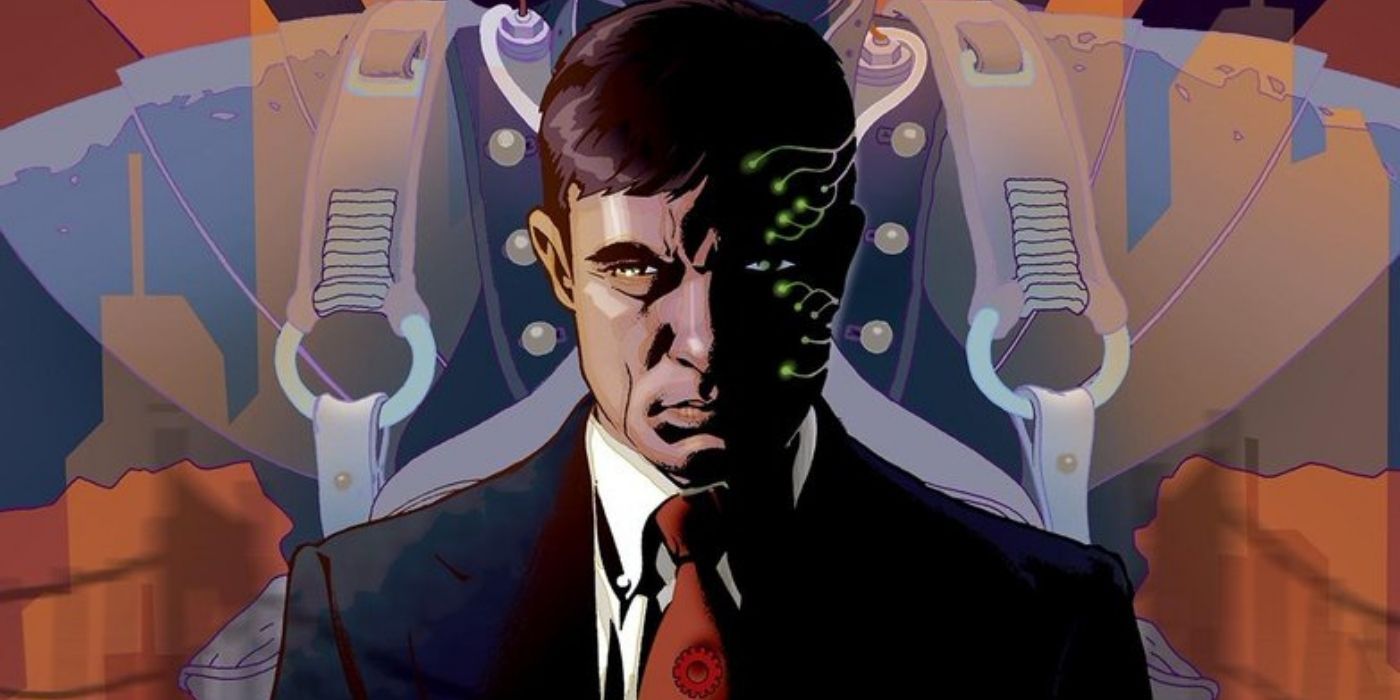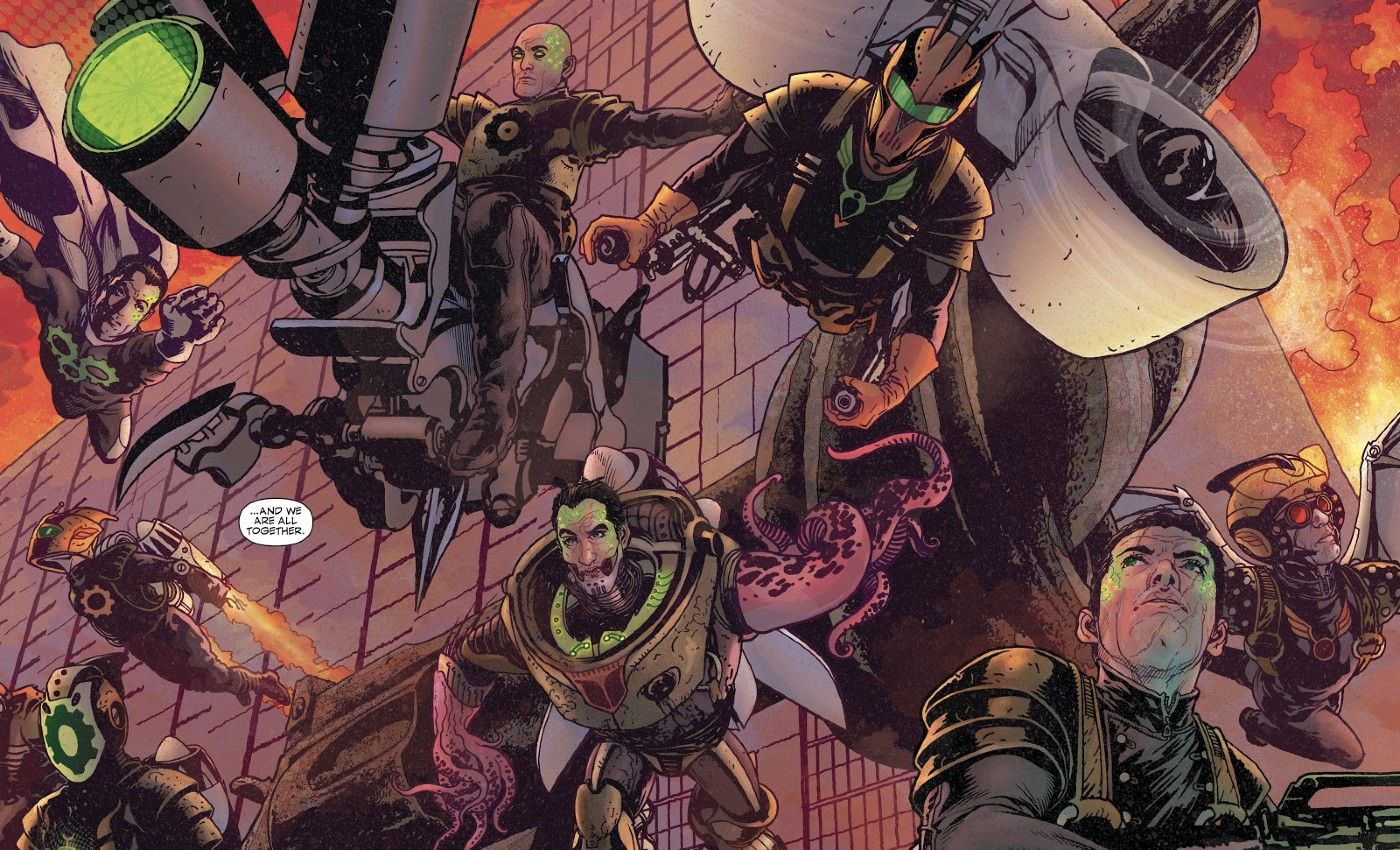Marvel's Spider-Verse secretly owes a huge debt to the DC Comics series Ex Machina. After major cinematic hits like Spider-Man: Into the Spider-Verse and Spider-Man: No Way Home, the concept of one hero having to deal with alternate universes has never been more popular. Though most comic fans will understandably attribute this trend to Spider-Man, Ex Machina did the idea almost half a decade earlier.
Ex Machina from Brian K. Vaughn and Tony Harris is the story about how Mitchell Hundred retires as New York City's only superhero, The Great Machine, and pursues a career as mayor instead. The Great Machine’s power is that he can communicate with actual machines, often commanding them to do what he says. He rises to prominence during 9/11 by saving the second Twin Tower. A lingering question throughout the series is the origins of Mitchell's powers. He gained them after a strange device exploded in Mitchell's face, disfiguring him and giving him the ability to hear what technology is saying.
Hints to the answer are dropped along the way, but it isn't until Ex Machinia’s final arc that readers find out what the device that gave him his powers actually was. Turns out, the device was a probe sent by another dimension to make way for an invasion. Mitchell was supposed to help them but decided to carve his own path instead. When the people from this invading dimension learn of this, they taunt Mitchell by saying there were plenty of other versions of him that helped them invade their worlds. It is at this point readers catch a glimpse of these alternate Mitchells.
The image, a double-page spread, is very reminiscent of so many comics seen today that focus on variants across the multiverse. There's a Great Machine with tentacles, a Great Machine with wings, and a Superman-like Great Machine, too. It wouldn't be hard to imagine all of these Great Machines swapped out for Spider-Men instead. Fans have often seen such images in books like the blockbuster crossover Spider-Verse. Marvel even put out similar books such as the Venom-Verse series and the recently announced Gwen-Verse series, as well.
Of course, alternate versions of characters have existed long before Ex Machinina was even published. But these stories were mainly one-offs and isolated encounters. Even huge events like DC's Crisis on Infinite Earths never made use of so many variants at once. Ex Machina's final issue used the multiverse as a springboard to finalize Mitchell's crisis of conscience. All of these variants were viewed as personal failures. That kind of reflective storytelling can be seen in not just comics but now across mediums such as with No Way Home and Disney+'s Loki. Even DC is getting into the mix with the new Flash film, and they should all thank Ex Machinina for opening that interdimensional door that led to things like the Spider-Verse.


